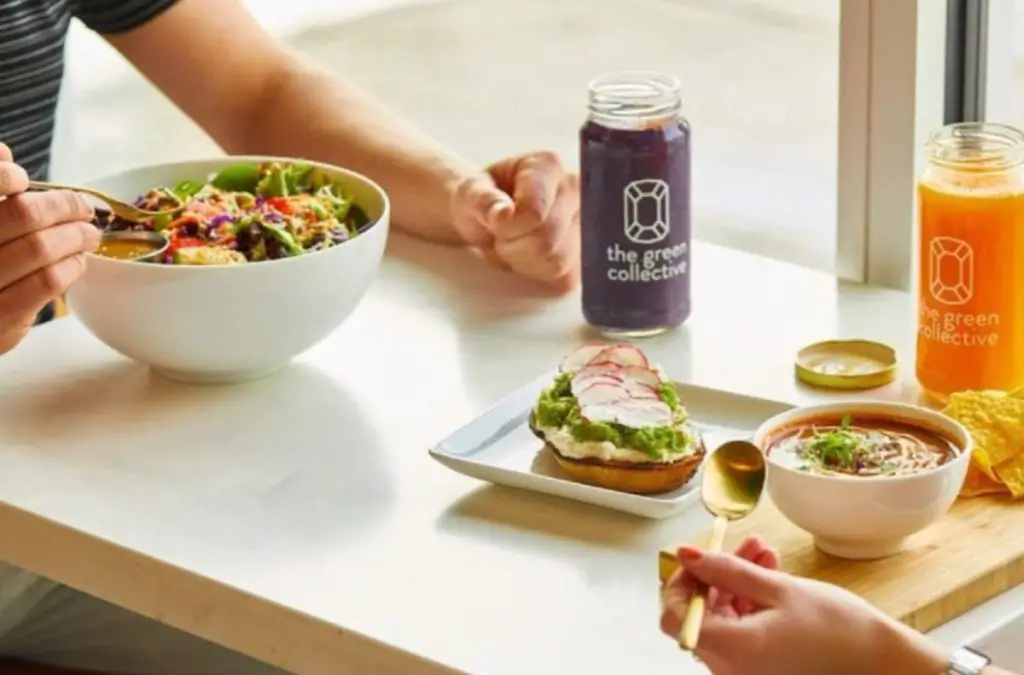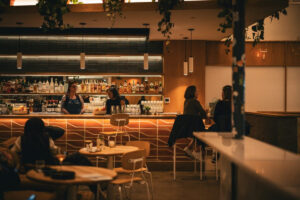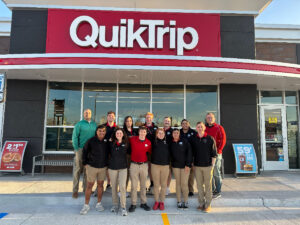The Green Collective Eatery is growing from its original Denver Lower Highlands home. Aiming for a summer opening, sisters and owners Allison and Jamie Rifkin plan to expand to the front-of-the-house in Center Strength Studios at 1058 S. Gaylord St. just east of Washington Park and south of Cherry Creek. The new locale fulfills their vision and frequent customer requests for a new location.
Sign up now to get our Daily Breaking News Alerts
“Wash Park is just kind of a dream to be in,” Allison said in a conversation with What Now Denver. “It’s a super awesome neighborhood with a super neighborhood feel, like Green Collective number one in LoHi. And there’s no fast casual restaurant in that spot right now.”
Green Collective’s offerings definitely fall into the power-packed and energy-loaded category. They whip up “smoothies, smoothie bowls, salads, toasts, adaptogenic (stress-reducing herbal) lattes, coffee, and tea,” free of refined sugars and full of organic superfoods (per its webpage).
The focus for Allison’s personal path to wellness was a “health journeys” to help relieve autoimmune thyroid conditions. In 2014, she abstained from processed and gluten-rich eats to focus on an organic, whole food diet. A subsequent dramatic improvement in physical well-being (“improved focus, boundless energy, clearer skin”) led to health coaching certification and founding The Green Collective Eatery.
Jamie, who also struggles with autoimmune thyroid disease, followed Allison into more conscientious health and into the business. She brings “graphic design, interior design, copywriting, and business strategy skills” to the team. Recipes come from a collaboration with chef Lauren Egdahl, who holds Nutrition and Integrative Health master’s degree. Now, the new space offers the trio room to expand.
“It’s going to be a more exciting menu,” Allison said. “Expect some items to be added — cooked items and warm items — along with everyone’s favorites from our first location.”
Green Collective certainly started small, somehow keeping up in a “tiny kitchen” with no hood, no oven, not even juicing capacity, no walk-in frig, or freezer.
“We get real creative with induction burners,” Allison said. “We started out as small as possible to minimize risk, and now (with demand), we’ve got the opposite problem.”






